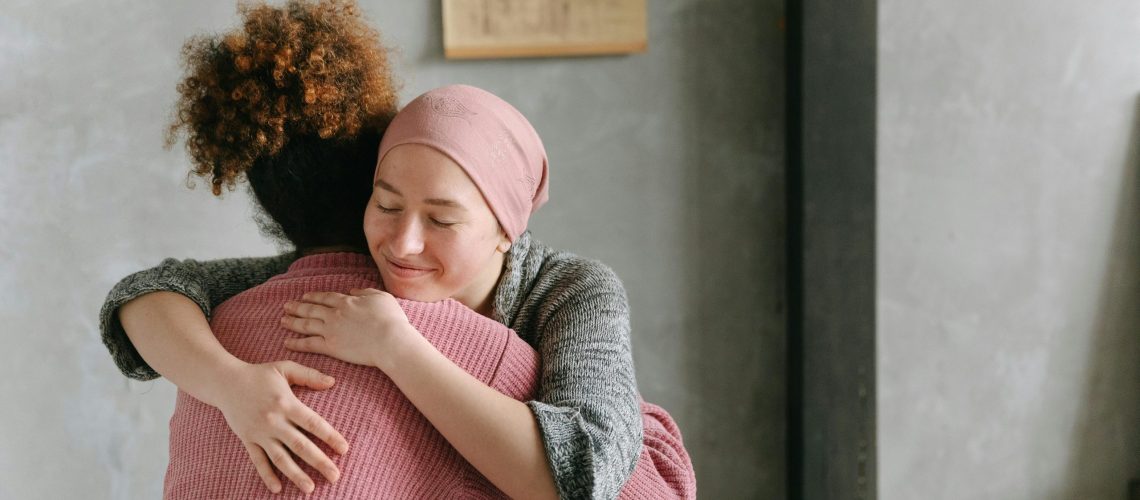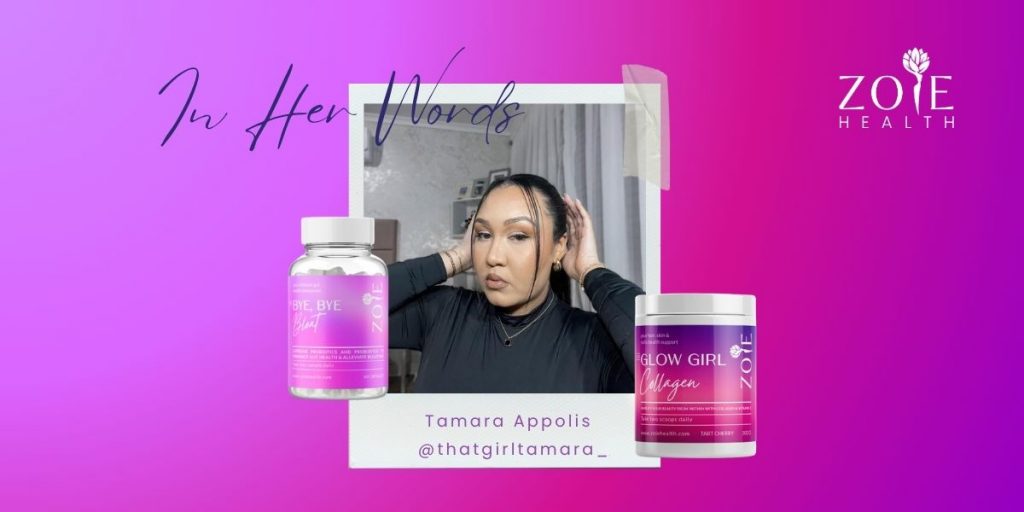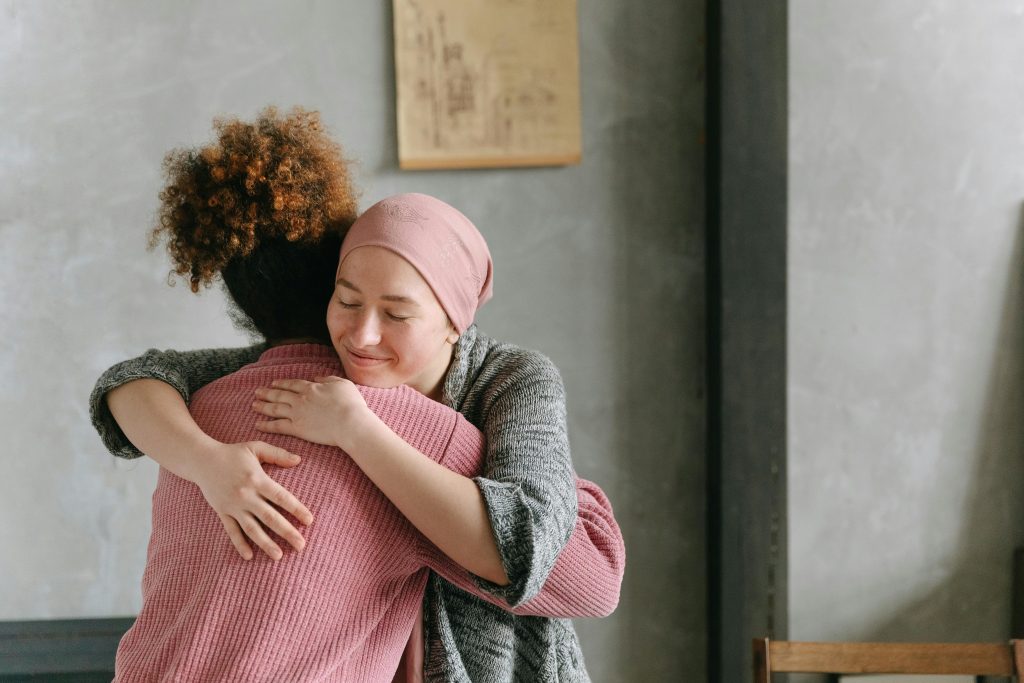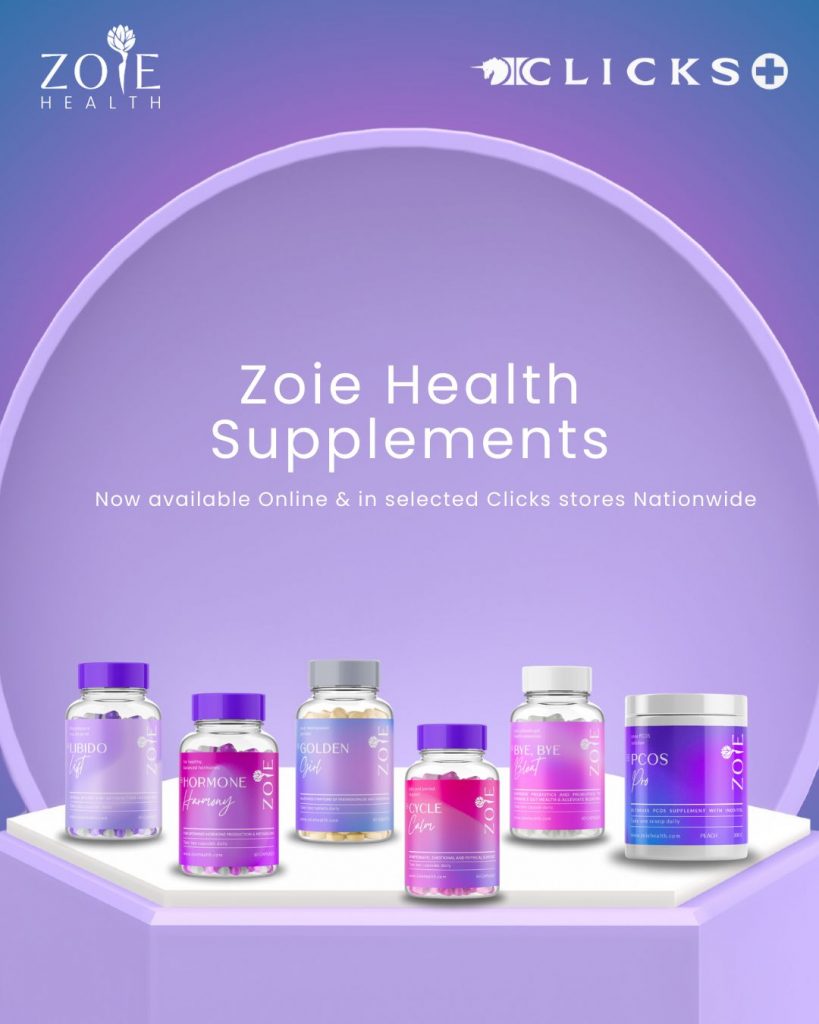PCOS is not your label. It’s not your motivation, not your reason, not your identity. You are bigger, louder, stronger and PCOS is just one tiny chapter in your book.For many women living with Polycystic ovary syndrome (PCOS) isn’t just about managing irregular cycles, acne or weight changes , it’s about navigating how these symptoms ripple into confidence, identity, and everyday life. Research shows that women with PCOS are up to three times more likely to experience anxiety and depression compared to women without the condition
The Emotional Weight of PCOS
PCOS often starts with the body, but its impact stretches further. Physical symptoms can chip away at self-esteem.Unpredictable weight fluctuations can leave women feeling frustrated or judged. Acne and excess hair growth may cause embarrassment and self-consciousness. Hair thinning can be especially painful, as hair is so deeply tied to self-image.According to Harvard Health, these visible changes don’t just affect how women look, they influence how women feelabout themselves and how they believe others perceive them. It’s no wonder many describe PCOS as something that affects their identity,not just their health.
Identity and Self-Esteem
Beyond symptoms ,PCOS can change the way women show up in the world. Some feel silenced by stigma. Others describe feeling “different” or “broken” because their bodies don’t follow the same rhythm as those around them.
But here’s the truth: PCOS may be part of your life ,but it is not who you are. It doesn’t define your worth, your femininity or your future.If you’ve been struggling with these feelings, know that you’re not alone. Supportive spaces, like our PCOS Community Circle Link exist so you can share your journey, learn from others and feel seen.
Rebuilding Confidence: Practical Steps
While the emotional impact of PCOS can feel heavy there are researched ways to reclaim confidence and protect your mental wellbeing
- Build a Support Network :Studies show that women who join peer support groups for PCOS report higher self-esteem and less anxiety (Journal of Health Psychology, 2021).
- Seek Professional Guidance:A personalized care plan from a healthcare provider can help you understand and manage your symptoms better. Booking a consultation can give you tailored strategies.
- Prioritize Mental Health:Therapy, journaling or mindfulness can help shift self-image over time.
- Gentle Lifestyle Habits;Exercise, balanced nutrition and regular sleep can support hormone regulation and boost your mood. Consistency over perfection is key.
- Small Self-Care Rituals: Skincare, meditation or simply choosing clothes you feel good in are ways to take back control over how you show up each day.
PCOS can touch many areas of life ,from health to self-image to confidence , but it does not define who you are. With the right support, both medical and emotional women with PCOS can rewrite the narrative and reclaim their power.
Not sure where to start? Our Zoie Supplement Quiz will help you discover the best support for your PCOS symptoms.
You are not your diagnosis. You are your own boom, your own rhythm, your own why.
Sources:
Read more:Self‐esteem and body image satisfaction in women with PCOS in the Middle East
Read More:Exploring women’s experiences…









